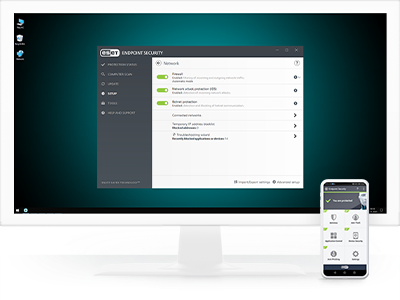
Endpoint Security: Safeguarding Your Business’s Endpoint
Protecting your organization’s critical assets and data is paramount. Endpoint security Dubai serves as the frontline defense against a myriad of cyber threats, ensuring that the devices connected to your network remain secure. This information highlights the importance of endpoint security and how it safeguards your business’s endpoints.
Definition of endpoints:
Endpoints refer to the various devices connected to your organization’s network. These include desktop computers, laptops, smartphones, tablets, servers, and IoT devices.
Each endpoint represents a potential entry point for cyberattacks, making their protection crucial.
Protection against malware:
Endpoint security solutions include antivirus and anti-malware tools that detect and block malicious software. These tools prevent malware from infecting devices and spreading across the network.
Advanced threat detection:
Modern endpoint security solutions utilize advanced threat detection techniques, such as machine learning and behavior analysis, to identify and mitigate sophisticated threats like zero-day attacks.
Phishing and social engineering protection:
Endpoint security extends its protection beyond malware to include defense against phishing attempts and social engineering attacks. These features help employees recognize and avoid deceptive tactics.
Data loss prevention:
Endpoint security solutions often include data loss prevention (DLP) features. DLP helps prevent unauthorized access to sensitive data and ensures that confidential information does not leave the organization.
Firewalls and intrusion detection:
Many endpoint security solutions incorporate firewalls and intrusion detection systems. These components monitor network traffic, block suspicious activities, and alert administrators to potential breaches.
Patch management:
Keeping software and operating systems up to date is vital for security. Endpoint security solutions often include patch management features to ensure that devices are running the latest, most secure versions of software.
Remote device management:
Endpoint security allows IT administrators to manage and secure devices remotely. This is especially important in today’s remote work environments, where employees may be using devices from various locations.
Endpoint security is a critical component of any organization’s cybersecurity strategy. It provides a multi-layered defense against a wide range of threats that target devices connected to your network. By investing in robust endpoint security solutions and fostering a culture of cybersecurity awareness, businesses can effectively safeguard their endpoints and protect their valuable data and assets from the ever-evolving landscape of cyber threats.

